Reasons for seed not germinating, The benefits of growing plants from seeds are numerous. It is an excellent way to use last year’s leftovers, save money, and take pride in having raised everything from scratch. With the correct care, effort, and attention, your plants should thrive even if growing from seeds can be difficult at first.
It’s possible that you are having trouble getting your seeds to germinate, whether it is your first time growing plants from seeds or for some other reason. Although a few different factors could be the problem, they are usually easy to remedy. Find out what is wrong with your seeds and how to get them to sprout by reading this guide. If sowing seeds and plants is your passion, you should know that plantations and gardening have their own unique set of difficulties. When sowing seeds, one of the largest obstacles and disappointments is when they don’t germinate correctly—or at all, depending on the situation.
When seeds fail to sprout, gardeners frequently feel discouraged because all of their hard work and planning during planting has been for nothing. It also results in a waste of the time and materials used for gardening. Furthermore, some expert and amateur gardeners may find it discouraging not to see the seeds blossom into vibrant green saplings and plants. But how can we prevent this from happening again? How can we be certain that the seeds we plant in the pots and planters will bloom?
If one is aware of the causes of the unsuccessful germination of seeds, they can take appropriate action to control, manage, and even reverse the problem. You can avoid errors and inconsistencies that impede the healthy growth of the seeds and saplings by having an understanding of these fundamental causes. Without further ado, let us list the top 9 reasons “why your seeds did not germinate.”
Your seeds may not be germinating for a variety of reasons, such as inadequate hydration or unfavorable conditions. Fortunately, if you give the seeds the proper conditions, you can still get them to germinate. Should everything else fail, it may be necessary to purchase or harvest fresh seeds because there may be an issue with your current ones!
Here are some popular plant seeds and their germination times:
Vegetables
| Seeds Name | Germination Times |
| Tomato: | 5–10 days |
| Carrot: | 7–21 days |
| Radish: | 3–7 days |
| Cucumber: | 3–10 days |
| Pumpkin: | 7–10 days |
Flowers
| Marigold: | 5–7 days |
| Cosmos: | 5–10 days |
| Sunflower: | 7–10 days |
Fruits
| Strawberry: | 14–30 days |
| Watermelon: | 4–12 days |
| Apple: | 1–6 weeks |
Reason Due to Which Seed Did Not Germinate Properly
how to improve seed quality
The primary cause of uneven or seed failure germination is thought to be poor seed quality. To plant a flowering garden, you must obtain premium seeds from trustworthy vendors or sources. Even with plenty of care and attention, low-quality seeds typically don’t display the expected growth. Eventually, time, money, and effort are wasted as a result.
To improve seed quality, select healthy, mature plants, ensure proper pollination, use well-drained soil, provide optimal watering, control pests, and store seeds in cool, dry conditions for long-term viability.
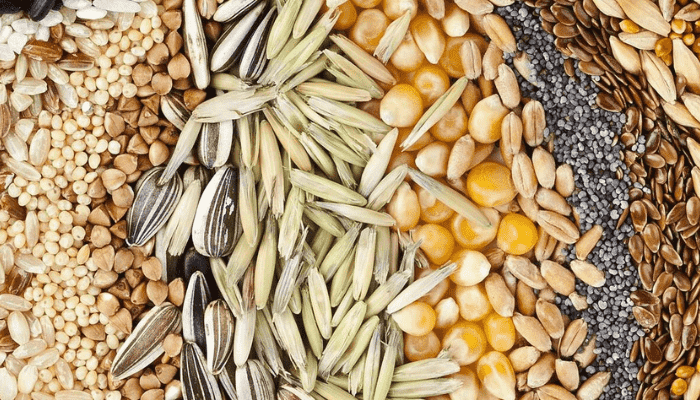
The wrong plant depth
Before planting any specific seed, make sure you have enough knowledge about proper planting practices and factors like “Plant Depth.” Failure to germinate a seed might also result from planting it too deeply or too shallowly. The plant can receive the right nutrients and favorable conditions if the seed is planted at the optimum depth.
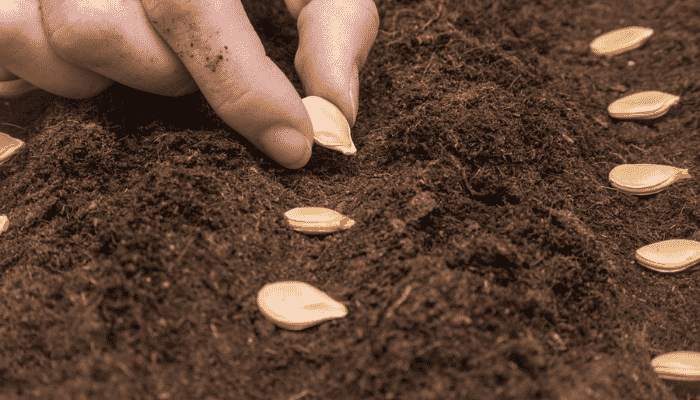
Low Oxygen Level
Another important factor in improper seed germination is oxygen deficiency. Thus, after sowing the seeds, you must maintain the soil’s porosity and airiness. Keeping the planters in small areas with little ventilation or air flow is another rule you must follow. Maintaining the pots in rooms with cross-ventilation or open spaces would be great for you.
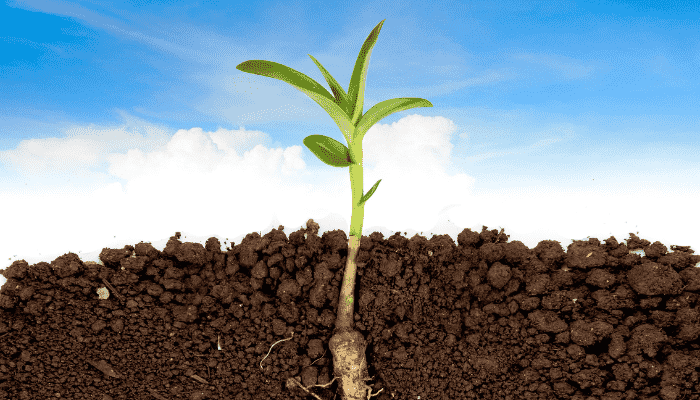
Compacted Soil
As was previously mentioned, densification can result by overly pressing or settling the soil after seeds have been sown, damaging the soil’s structure. It prevents sufficient air and oxygen from reaching the seeds, which inhibits the seeds’ ability to grow and germinate. This obstructs the seed’s ability to germinate.
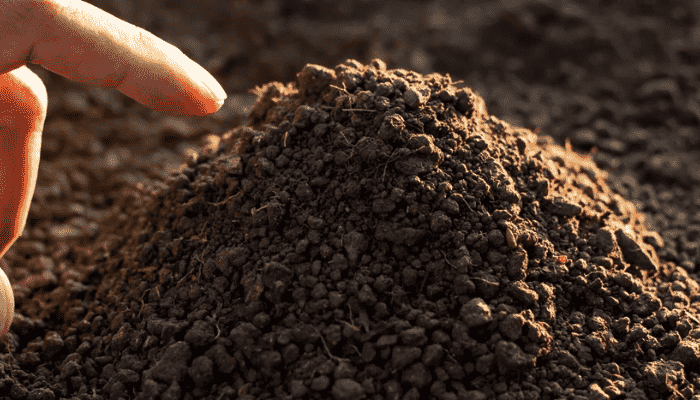
Variations in Watering
Seeds require frequent care and attention, just like plants and seedlings do. To observe the seeds grow into glossy green saplings that eventually become lush plants, you must continue to water them enough or as needed, on a regular basis. You must so continue to pay attention to the water needs of the seed.
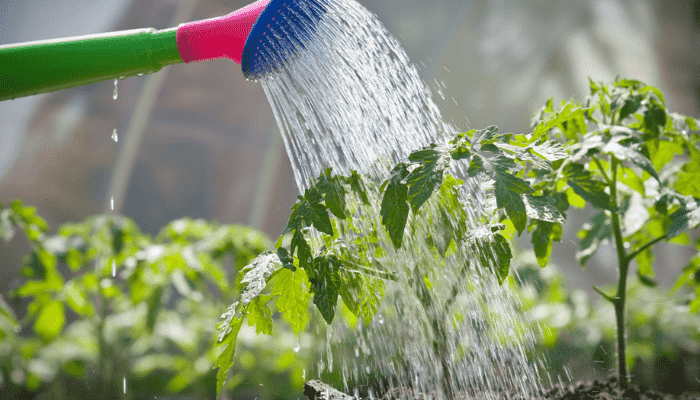
Insufficient genetic variability in plants seeds
Seed genetic engineering is also necessary for sufficient seed germination and growth. In general, seeds that are mutant or hybrid do not germinate well. They also require more care and attention, are less resilient to environmental changes, and have a shorter lifespan. The chances of their germination and growth may be hampered by the absence of any one of these elements.
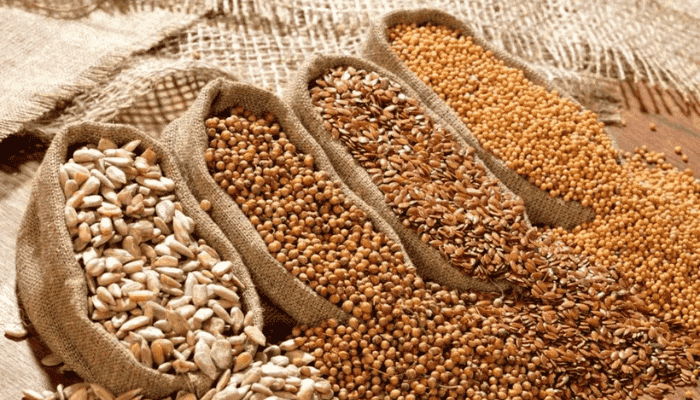
Wrong Temperature
For seeds to germinate successfully, the optimum temperature must be planted in addition to enough air and water. The growth and lifespan of seeds might be negatively impacted by sowing them at an unfavorable temperature. You cannot skip this step unless you know the exact temperature or environmental conditions needed for the seed to germinate without interference or anomalies.
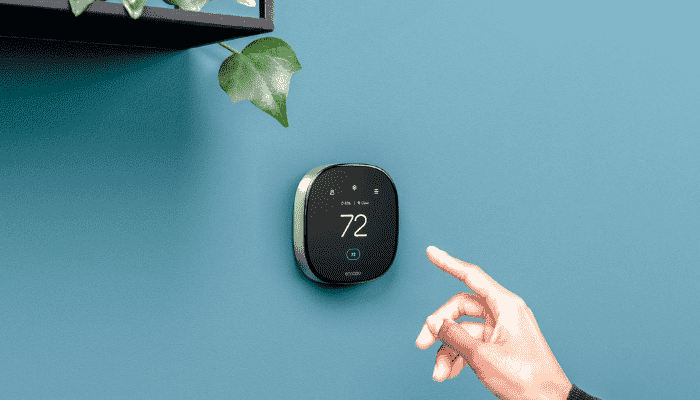
Damage from insect pests
You must keep the seed protected from insects and vermin that could damage or destroy it in order to allow it to germinate. Both chemical and organic insecticides designed specifically for use during seed germination are readily available. By using these insecticides, the seeds will remain safe from pest damage and be able to grow.
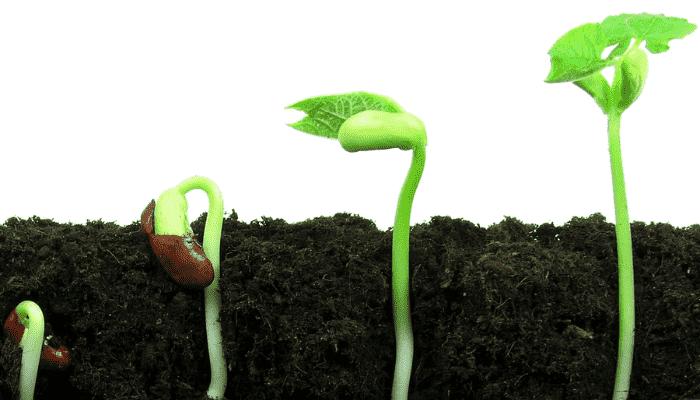
Good ph level
Few people know this, yet one of the main causes of unsuccessful seed germination is an inadequate pH level. To ensure optimal seed germination, you must keep the pH level in the planters at the proper level. While experts agree that seeds germinate best at pH 7, they do so well within the ideal pH range of 3.5 to 11.
Throughout their lives, seeds and plants might receive different amounts of nutrients depending on the pH level of the soil. It would be wise to keep the plants’ pH level at the necessary level as a result.

Excessive Lighting
While certain sunshine is necessary for seeds to germinate, you also want to avoid overexposing your seeded planters to the sun since this might prevent or delay the process.
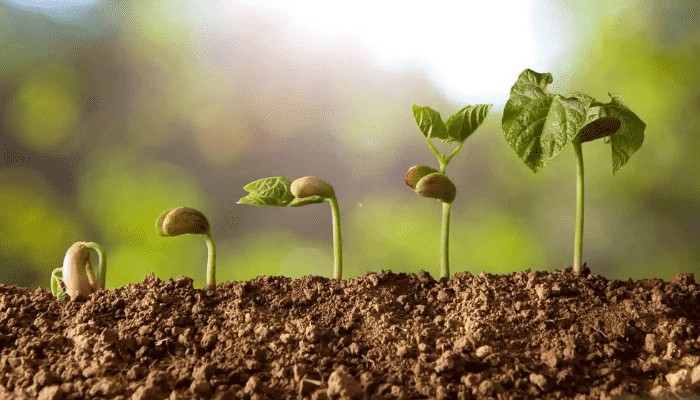
Not Allowing Seeds to Soak
It is necessary to soak hard seeds in water prior to planting in order to facilitate their germination. In addition to ensuring optimal germination, soaking the seeds accelerates the process. Therefore, failing or insufficient germination can also result from omitting this crucial phase.
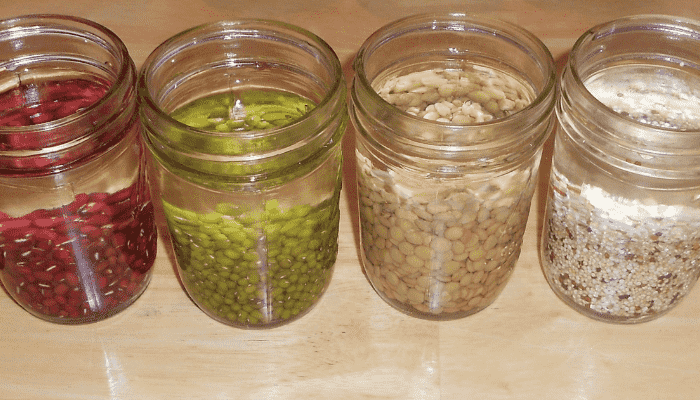
FINAL VERDICT
You can better understand the causes of your seeds’ unsuccessful or impeded germination by reading this blog. Any type of seed you plant will ensure healthy germination and growth if you keep these parameters in mind. But as mentioned, investing in high-quality seeds from reputable providers is one of the most surefire ways to ensure that your seeds will germinate. For your plants to grow properly, you also need high-quality accessories, fertilizer, and other supplies. You can browse our website to discover the greatest seeds of all kinds, as well as all the related tools and supplies. So, why do you hesitate?
FAQs
What to do if seeds are not germinating?
If you’ve met all the seed’s essential needs—optimal soil temperature, time, and light—and still see no germination, the seeds are likely buried too deep. Reseed with a fresh batch as a powerful backup plan.
What are the reasons why seeds fail to germinate?
Seed germination hinges on critical factors like water availability, aeration, temperature, light intensity, and viability. Germination failure can stem from numerous causes, with water playing a pivotal role. Insufficient or excessive water can drastically hinder the process, underscoring its importance.
Why some seeds never germinate to produce plants?
Extreme temperatures and inconsistent moisture are the primary culprits behind seeds failing to sprout or seedlings wilting.
Can I replant seeds that did not germinate?
If your germination rate drops below 70 percent, you can still salvage those seeds for your garden—just sow them more densely than usual to dramatically boost the chances of turning them into thriving seedlings.
Do seeds need sunlight to germinate?
Sunlight fuels the germination process by heating the soil. Remarkably, certain seeds require direct sunlight exposure to awaken. Once leaves emerge, sunlight becomes the driving force behind plant growth, powering the vital process of photosynthesis. Each seed holds the potential to ignite new life.
Can seeds germinate without heat?
Although lettuce seeds can sprout effortlessly in an unheated room or shed with spring temperatures between 40-65℉, other garden essentials demand more care. Tomatoes, for instance, struggle to germinate below 75℉. To ensure their success, supercharge your seed-starting process with seedling heat mats to warm the soil effectively.
Why seed not germinating after 7 days?
If a seed fails to germinate after 7 days, the likely culprits are low-quality seeds (too old), improper temperature, incorrect watering (either too much or too little), excessive planting depth, or unsuitable soil. Investigate the specific needs of your plant and take decisive action to optimize your planting practices for success.


